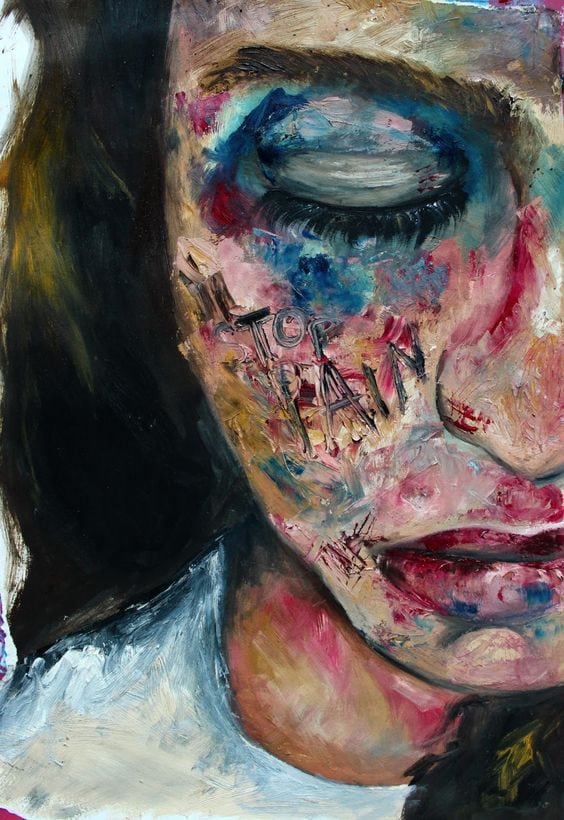
By Melanie Blow
Published in The Establishment
The clinic I took my sister to is housed in a new building; it has abstract paintings on its very white walls and overly quirky sodas in the waiting room. Pain management clinics that pedal opiates strive to look respectable.
If all goes as planned, this clinic will prescribe the opiates that she will become addicted to—again. They will dull her constant physical pain. They will dull her psychological torment—the particular trait that makes them so attractive to so many. The doctors involved in prescribing them largely overlook the psychological torment, however; a narrow view of a very complicated problem makes for convenient medical treatment. It makes for compelling media narratives.
It makes for more addicts.
I could start the story of my sister’s addiction by talking about the first pain management clinic she went to, 10 years ago. The one where the doctor was eventually arrested for trading prescriptions for cash. She was prescribed an ever-increasing dose of oxycontin, oxycodone, and eventually a fentanyl patch along with oral narcotics. She became a slow-motion zombie who nodded off while standing, lost her balance, and broke bones from falling. In the time it took her to enunciate a simple sentence, she would forget what she was trying to say. She lost her job, then her health insurance, and, finally, access to her prescription opiates. She spent a week dope sick, without any medical care, and emerged sober.
But that’s only part of The Opiate Story.
Take action!

Melanie Blow
COO, Stop Abuse Campaign
A survivor of incest, psychological abuse and a host of other childhood trauma, Melanie now uses her talents to prevent Adverse Childhood Experiences. Melanie has over a decade of legislative advocacy regarding children’s issues, and she has been published in newspapers, magazines and blogs all across the country.
Melanie has an ACE score of 6.